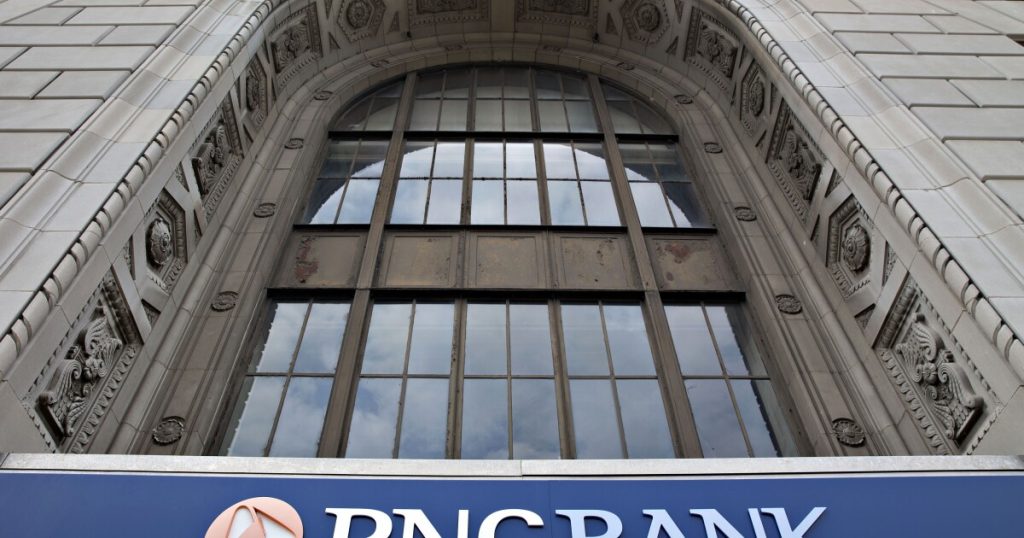PNC has won an appeal of a lawsuit USAA filed against it over the bank’s use of mobile deposit capture technology — a feature that lets customers deposit a check by taking a picture of it with their phone in the bank’s app — which USAA says it invented. In two separate but related rulings, a Federal Circuit court disagreed with a Marshall, Texas court’s decision that PNC had infringed on USAA’s patents. The appeals judge said USAA’s claim is directed to an abstract idea of depositing a check using a mobile device, not a non-abstract technological solution or improvement.
The case goes to the heart of a technology many banks now use, and brings up issues the industry faces as banks race to develop new ways to do business, with multiple parties often coming up with ideas at the same time.
“We are very pleased by this outcome, and we appreciate that the court recognized that USAA’s patents should never have been issued,” a PNC spokesman said.
A USAA spokesman expressed disappointment in the ruling, and said the company is reviewing its options for appeal.
“This decision does not diminish our broader remote deposit capture patent portfolio, which includes over 150 issued patents not involved in the PNC lawsuits, and we continue to bring unique and innovative value as part of the value of membership,” the spokesman said in a statement. “USAA created patented RDC technology to address the needs of our military members. We have entered into many license agreements that permit other banks and credit unions to lawfully enjoy the benefits of USAA’s innovations, as well. We look forward to working with more banks and credit unions to create mutually beneficial license agreements that reasonably compensate USAA.”
At the same time, the federal appeals court said that Mitek, a provider of mobile deposit capture technology used by thousands of U.S. banks, does not have indemnification liability for such cases.
The core of this dispute dates back to 2006, when USAA began using Mitek’s QuickStrokes imaging software, which let customers, such as military members stationed in Afghanistan, mail in checks for deposit. QuickStrokes translated all the information on the checks to data USAA’s computers could read.
The two companies then worked together on mobile remote deposit capture – the ability to deposit a check by snapping a picture of it with a smartphone and automatically capturing the details on it. After a contract dispute, they split up, with each company claiming it invented this technology and that it owns the patents for it. Mitek holds five patents on remote deposit capture. USAA says it has 130 patents on the technology.
Mitek launched a mobile deposit capture product in February 2008. USAA released a similar feature, Deposit@mobile, in its app in August 2009.
USAA and Mitek sued each other over their mobile deposit capture patents and settled in 2014; both companies kept their patents.
In 2017, USAA sent letters to more than 100 banks — Mitek’s largest mobile check deposit customers — telling them they were in violation of USAA’s mobile deposit patents and that they should pay licensing fees. When it got little response, USAA started suing the banks in a
In November 2019 and January 2020, USAA prevailed in
Similarly, in May 2022,
In 2023, USAA settled patent infringement suits against

